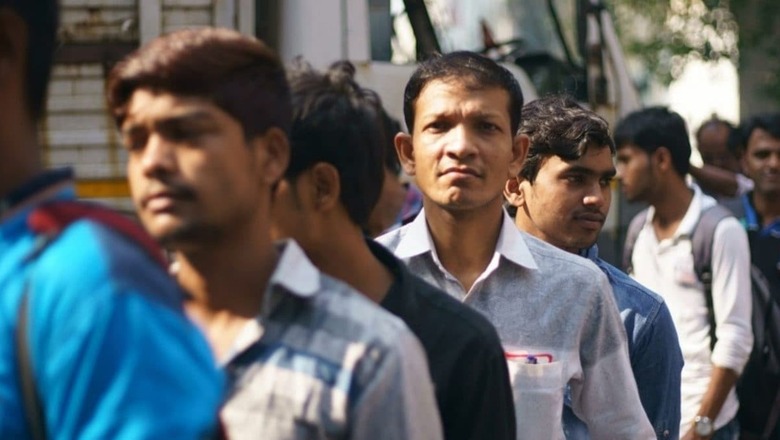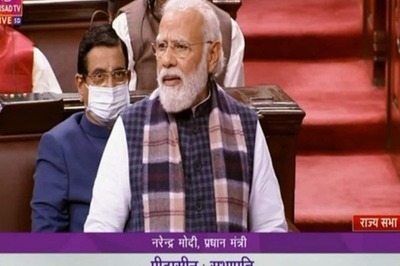
views
Allowing students to work part-time (20 hours per week) while studying to help them earn and enhance employability under an ‘Earn-while-Learn’ scheme has been proposed as a major intervention to help make higher education institutions more inclusive and safe for the socio-economically disadvantaged groups including SCs, STs, OBCs, religious and linguistic minorities, among others, in the draft guidelines framed for allowing an equitable opportunity for these sections by the University Grants Commission (UGC).
The draft titled ‘Guidelines for Equitable Opportunity to the Socio-Economically Disadvantaged Groups (SEDGs) in HEIs’ was put in the public domain to invite feedback from stakeholders by UGC, the higher education regulator, on Wednesday.
The proposed guidelines come at a time when a spate of student suicides across higher education institutions including IITs, central universities, IIMs, and NITs, among others have triggered a national debate on the mental well-being of students. Last month, the Lok Sabha was informed that of all the students who ended their lives over the past five years, nearly half of them were those belonging to the SC, ST, and OBC communities.
The draft also proposes that institutions must provide relevant bridge and orientation courses for new entrants as well as professional and psychological counselling to these students, who may require help to overcome language barriers or for a smooth transition to hardcore engineering and other professional courses. “Counsellors must ensure the physical, psychological, and emotional well-being of the students,” it says.
The plan has been framed in line with the new National Education Policy (NEP) 2020, which broadly categorises SEDGs based on gender identities (particularly female and transgender individuals), socio-cultural identities (such as SCs, STs, OBCs, and minorities), geographical identities (such as students from villages, small towns, and aspirational districts), disabilities (including learning disabilities), and socio-economic conditions.
According to the draft, the ‘Earn-while-Learn (EWL)’ scheme is a means to help SEDG students earn and support their education while acquiring skills and capabilities that would enhance their employability. It will also help reduce the dropout rate among students.
Students dropping out of universities midway was an important agenda of discussion during the IIT council (apex body of all 23 IITs) meeting held in Bhubaneswar on Tuesday. The council is headed by union education minister Dharmendra Pradhan.
Under this scheme, opportunities for part-time engagement will be provided to needy students. “The indicative list of such opportunities may include working on research projects with an assistantship, library assignments, computer services, data entry, laboratory assistants, etc,” the draft document reads.
It further says that the rate of remuneration for each of the students will be a consolidated amount on an hourly basis for the part-time service they render, a maximum of 20 hours per week, 20 days per month. The payment may be made on an actual basis. The services of the student will be rendered after class hours.
“It attempts to mitigate the economic hardships of learning and enhance the learner’s adaptability. It provides students opportunities to develop their personality, gain technical skills and build their entrepreneurial ability, which would help them take up professional assignments relatively quickly,” the draft reads.
The draft also mentions that the effective implementation of the scheme will further minimise the burden of education expenses on students’ parents.
As per the guidelines, institutions have to ensure flexibility to the students for acquiring knowledge and skills essential to earn a living. Also, they have to identify the types of work engagement on the campus that can be taken up by students in part-time mode.
“Institutions must collaborate with government and non-government agencies for funding or seek projects for implementing the scheme; provide necessary weightage to the scheme by including it as a criterion for assessment as well as issue a certificate to students,” it says.
Read all the Latest Education News here


















Comments
0 comment